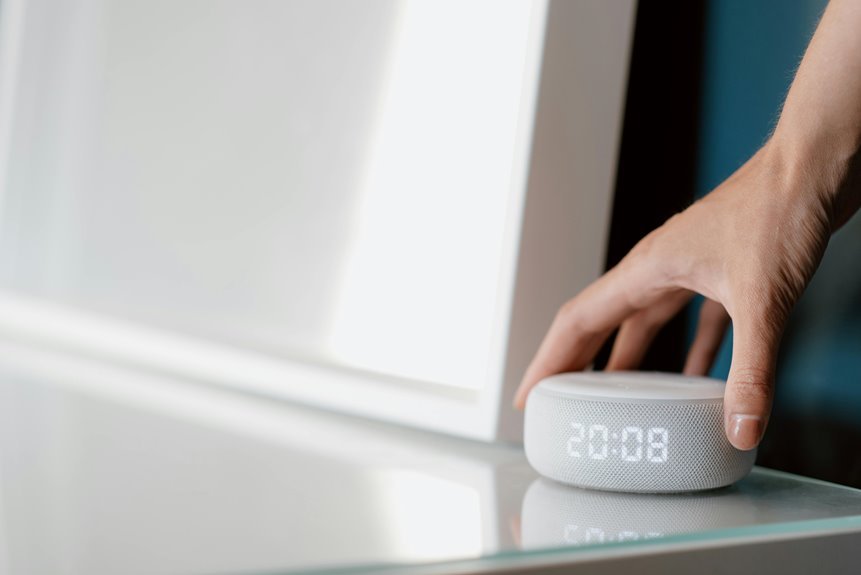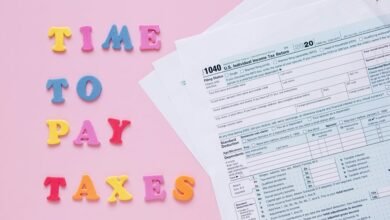Clock Adjustment: Understanding Time Adjustments

Clock adjustment is an essential practice in maintaining accurate timekeeping. This involves various methods tailored for both digital and mechanical timepieces. Errors can arise from mechanical malfunctions or shifts such as daylight savings. Understanding the nuances of clock adjustment is vital for individuals seeking reliability in time measurement. Yet, many overlook critical elements that can impact precision. What are these elements, and how can they be effectively addressed?
The Importance of Accurate Timekeeping
Accurate timekeeping is essential across various domains, as even minor discrepancies can lead to significant consequences. Time synchronization maintains order in industries like telecommunications, transportation, and finance.
Historically, the importance of accurate timekeeping has shaped societal structures, influencing everything from trade routes to navigational advancements. The historical significance of precise time measurement reveals its role in fostering freedom and facilitating progress throughout human civilization.
Methods for Adjusting Clocks
Clock adjustment encompasses a range of methods designed to ensure timepieces reflect the correct time.
Digital clocks typically require simple button presses to synchronize, while mechanical clocks involve intricate adjustments of gears and pendulums.
Both types benefit from regular calibration against reliable time sources, enabling users to maintain accuracy.
Understanding these methods empowers individuals to take control of their timekeeping devices effectively.
Common Pitfalls in Clock Adjustment
Frequently, individuals encounter common pitfalls when adjusting clocks that can lead to inaccuracies.
One significant error arises during daylight savings transitions, where users may forget to adjust the time altogether. Additionally, mechanical errors in older clocks can result in incorrect timekeeping, compounding the issue.
Awareness of these pitfalls allows for more accurate clock adjustments, ensuring reliable timekeeping in daily life.
Conclusion
In conclusion, mastering clock adjustment is essential for achieving precise timekeeping, which not only enhances daily productivity but also connects individuals to the broader historical narrative of time measurement. While some may argue that digital devices minimize the need for manual adjustments, the reality is that understanding and maintaining accuracy remains vital. As time continues to shape human experiences, the knowledge and practice of clock adjustment serve as a testament to our enduring relationship with time itself.




